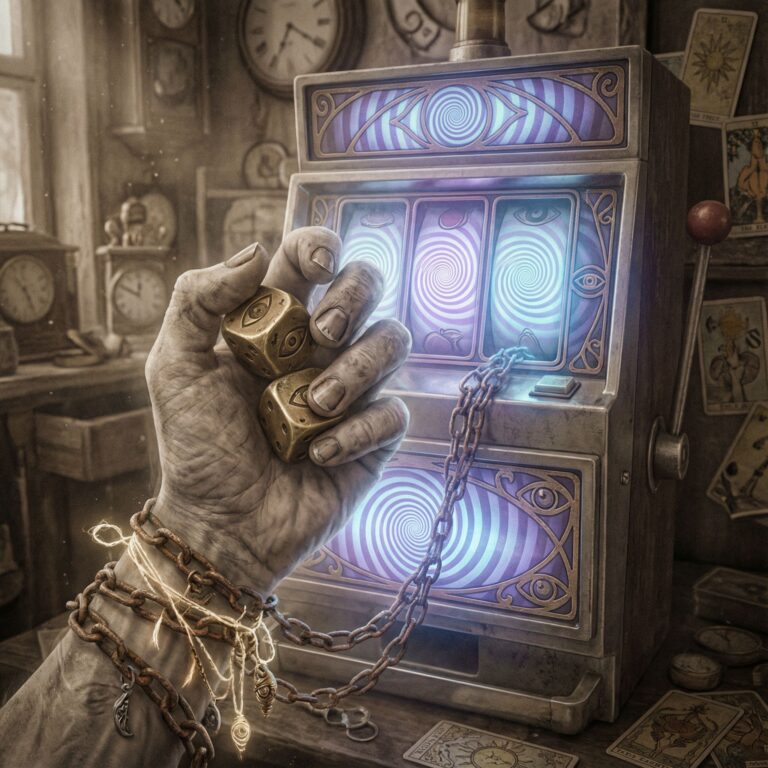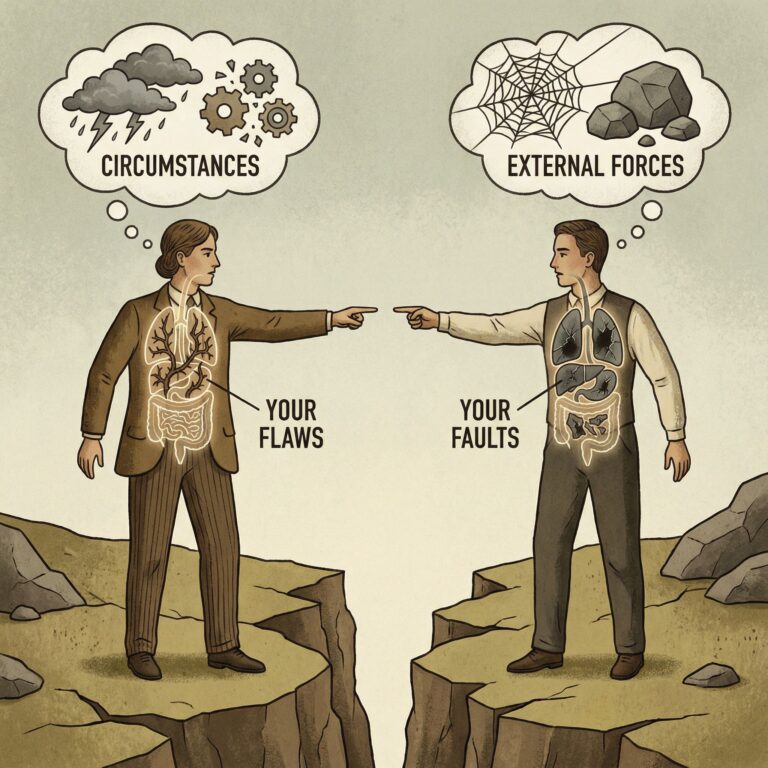When A Gambler’s Big Ego Leads To Huge Losses
Thinking Behind Pro Gambling Mistakes
A gambler’s big ego emerges when top pros believe their job success equates to betting skills. Studies reveal 67% of those with gambling issues feel they have a unique skill or plan, even though each bet is based on chance. This misconception is intensified among high achievers who ignore true odds and continue increasing bets. 토지노솔루션
Big Stories of Too Much Gambling Trust
Stories of gambling egos ruining lives are widespread. NBA star Charles Barkley lost $10 million in casinos, while a prominent CEO lost $30 million in baccarat. Such stories illustrate how professional success can falsely boost gambling confidence, leading to significant financial losses.
Danger Signs and Warnings
Professional success can set a risky stage for gambling addiction, especially when:
- Individuals apply job strategies to games of chance
- Past successes create an inflated sense of control
- They mistakenly believe work skills apply to gambling
- Desire to win overshadows smart odds evaluation
Recognizing these mental pitfalls can help avoid costly gambling errors and substantial financial risks.
Exploring Gambling Thought Errors
Gamblers often overestimate their abilities, driven by three main cognitive distortions: thinking they’re skilled, remembering wins, and attributing losses to bad luck.
Research indicates gamblers think they’re better than the odds suggest.
Mind Games and Winning Cycles
The mental tricks involved in gambling are fueled by dopamine hits during wins, reinforcing a false sense of expertise. This cognitive cycle obscures reality, maintaining ego-driven misconceptions.
When Big Thoughts Grow
As losses mount, problem gambling worsens. Instead of confronting reality, a gambler’s ego invents justifications to continue betting. Studies reveal 67% of problem gamblers believe they possess unique skills or systems to win. This delusion acts as a shield, maintaining self-esteem in the face of mounting evidence to the contrary.
Key Danger Points in Gambling Thinking
- Biased interpretation of results
- Belief in controlling random games
- Selective memory of successes
- Distorted perception of risk Neural Slots: When Brainwaves Spin the Reels
Signs of an Overly Big Ego
Major Red Flags of Ego-Driven Gambling
Big ego signs in gambling manifest in skewed thinking. Recognizing these can help ensure safe gambling and prevent significant losses.
Seeing Wins and Losses Wrongly
Players often recall only wins, downplaying or ignoring losses. Common rationalizations include “just a bad spell” and assertions of a flawless plan, revealing risky gambling tendencies.
Ignoring Good Advice
Risk intensifies when gamblers disregard factual data and expert advice, evidenced by:
- Disregard for statistical odds
- Ignoring expert tips
- Overvaluation of personal gambling theories
Avoiding Others
Behavioral indicators include distancing from concerned family and focusing on fellow gamblers, enclosing themselves in a bubble that sustains misguided beliefs.
More Money Risks
Serious indicators of risky financial behavior include:
- Placing large bets without justification
- Selling personal items
- Accumulating gambling debts
- Belief in imminent major wins
This combination of reckless financial behavior and strong self-belief often results in catastrophic gambling losses and necessitates urgent intervention.
How Minds Twist in Gambling
Main Mind Tricks That Fuel Problem Gambling
Mental distortions shape gambling thoughts and decisions. Quick assumptions distort perceptions of risk, odds judgment, and betting actions, particularly under gambling-induced euphoria.
Key Mind Mistakes in Gambling Acts
The Trick of Control
Problem gamblers often believe they can manipulate random outcomes with specific actions, lucky items, or betting strategies. This misconception perpetuates continuous betting despite repeated losses.
Big Mind Mistakes in Betting Choices
- Selective attention: Gamblers emphasize successes and dismiss failures, skewing perceptions of their accomplishments.
- Gambler’s fallacy: Incorrect belief in patterns among independent random events, leading to expectations of wins after losses.
- Optimism bias: Relying on anecdotal big wins while neglecting numerous losses, fostering false expectations.
The Loop of Mind Tricks
These cognitive biases reinforce each other in gambling behavior. Combined with overconfidence, they push players to ignore real advantages and take greater betting risks. These cognitive distortions often initiate problem gambling and addiction.
Busting Free from Fake Control
Understanding the Thought of Control
The fake sense of control in gambling derives from cognitive processes that recognize patterns in random events. This includes strategic moves, reliance on lucky charms, and detailed betting plans, originating in the brain’s search for order in randomness.
The Brain and Gambling Moves
Dopamine surges play a crucial role in reinforcing gambling behaviors, triggered during not just wins but near-wins as well. This brain reaction reinforces misconceptions of control, increasing risks and problematic gambling behavior.
Seeing Through Fake Control
Math Versus Mind Tricks
Random events are independent. Each gambling outcome – in dice rolls, slot games, or card plays – is a distinct random event. Understanding this mathematical principle is vital for dispelling the illusion of control.
Making Smarter Gambling Moves
Breaking the control illusion involves:
- Recognizing cognitive biases in betting behavior
- Understanding real game odds
- Appreciating randomness
- Engaging in responsible gambling
This fact-based approach helps maintain clarity during gambling decisions.
True Tales of Gambling Ego: When Winning Makes You Too Sure
Real Stories of Big Gambling Heads: When Wins Lead to Too Much Trust
Big-Name Stories of Gambling Losses
Sports figures and executives exemplify how overconfidence in controlling games can derail even the most accomplished individuals. Michael Jordan’s $1.25 million sports bet loss in 1993 highlights the dangers of overconfident sports betting. Similarly, financier Bill Benter experienced massive early losses before achieving significant wins with mathematical strategies.
Thinking of Top-Level Gambling
Charles Barkley’s $10 million casino losses underscore that sports success does not guarantee betting success. Corporate leaders often fall prey to similar cognitive traps, with tales of CEOs losing entire fortunes to poker. One startling example involves a Fortune 500 CEO losing $30 million at baccarat within two years.
Understanding the Win-Trust Trap
This pattern highlights a key truth: professional success often correlates with risky gambling behavior. High achievers frequently struggle to accept gambling’s randomness, leading to poor financial decisions. Wins in work, sports, or leadership foster misplaced confidence in gambling acuity, revealing that expertise in one domain rarely translates to games of chance.
Main Red Flags of Too Much Gambling Trust
- Assuming job skills equate to gambling success
- Increasing bets to recoup losses
- Denying the randomness of gambling
- Belief in a “special trick” or system
Getting Past Too Much Trust in Gambling
Understanding Too Much Gambling Trust
Excessive gambling confidence is a significant cognitive obstacle for many with unhealthy gambling habits. Recovery begins with acknowledging that betting outcomes stem from chance and odds, not skill or past luck.
Keeping Track and Writing It Down
Documenting all bets provides a realistic perspective on performance. Comprehensive tracking involves:
- Recording every win and loss
- Time spent betting
- Money invested versus returned
- Emotional state while betting
Spotting Mind Errors
Common cognitive biases that sustain excessive gambling confidence include:
- The illusion of control
- Gambler’s fallacy
- Selective retention of wins
- Externalizing blame
- Belief in luck
Building Real Trust
Growing Other Ways to Feel Good
Shift from gambling-based confidence to real achievements:
- Enhancing job performance
- Developing personal skills
- Strengthening relationships
- Aspiring for success in various life domains
Securing Your Money
Establish financial safeguards:
- Unchangeable limits
- Account rules
- Assistance in managing finances
- Monitoring budget
Help from Experts and Getting Better
Consulting a professional provides critical support for:
- Recognizing triggers
- Developing effective coping strategies
- Identifying risky patterns
- Creating plans for improvement
- Sustaining changes over time
Making Smart Risk Moves
Learning the Basics of Risk
Developing sound risk assessment skills aids in better gambling decisions. A solid understanding of odds provides a rational framework that replaces instinctual reactions with informed choices. Mastering probability concepts and evaluating odds lays the foundation for prudent decision-making.
Clear Money Rules
Establishing firm financial limits is essential for responsible gambling behavior. Adhering to set spending caps and closely tracking gambling expenditures offer necessary checks and balances. Such rigorous financial planning mitigates cognitive biases and imparts an accurate assessment of gambling behavior and outcomes.
Math in Risk Control
Expected value calculations serve as a crucial tool for intelligent risk management. Understanding that gambling outcomes are driven by chance, not skill or intuition, aids in maintaining rational decision-making. Awareness of cognitive distortions and their impact on risk perception supports more measured gambling decisions, while recognizing game-edge realities tempers unrealistic hopes about strategies or tricks.
Creating Long-Lasting Risk Plans
Developing unemotional decision-making through mathematical insight strengthens gambling decisions. Implementing predetermined risk assessments maintains control over gambling actions. Regular evaluations of risk tolerance and consistent application of chance-based checkpoints support long-term responsible gambling behavior.



